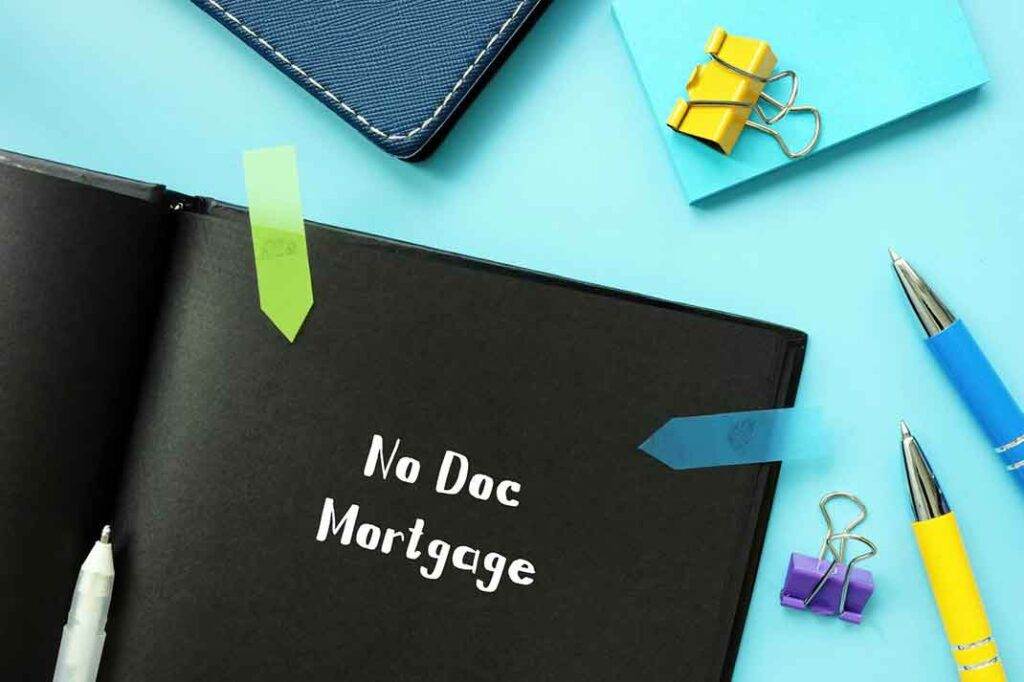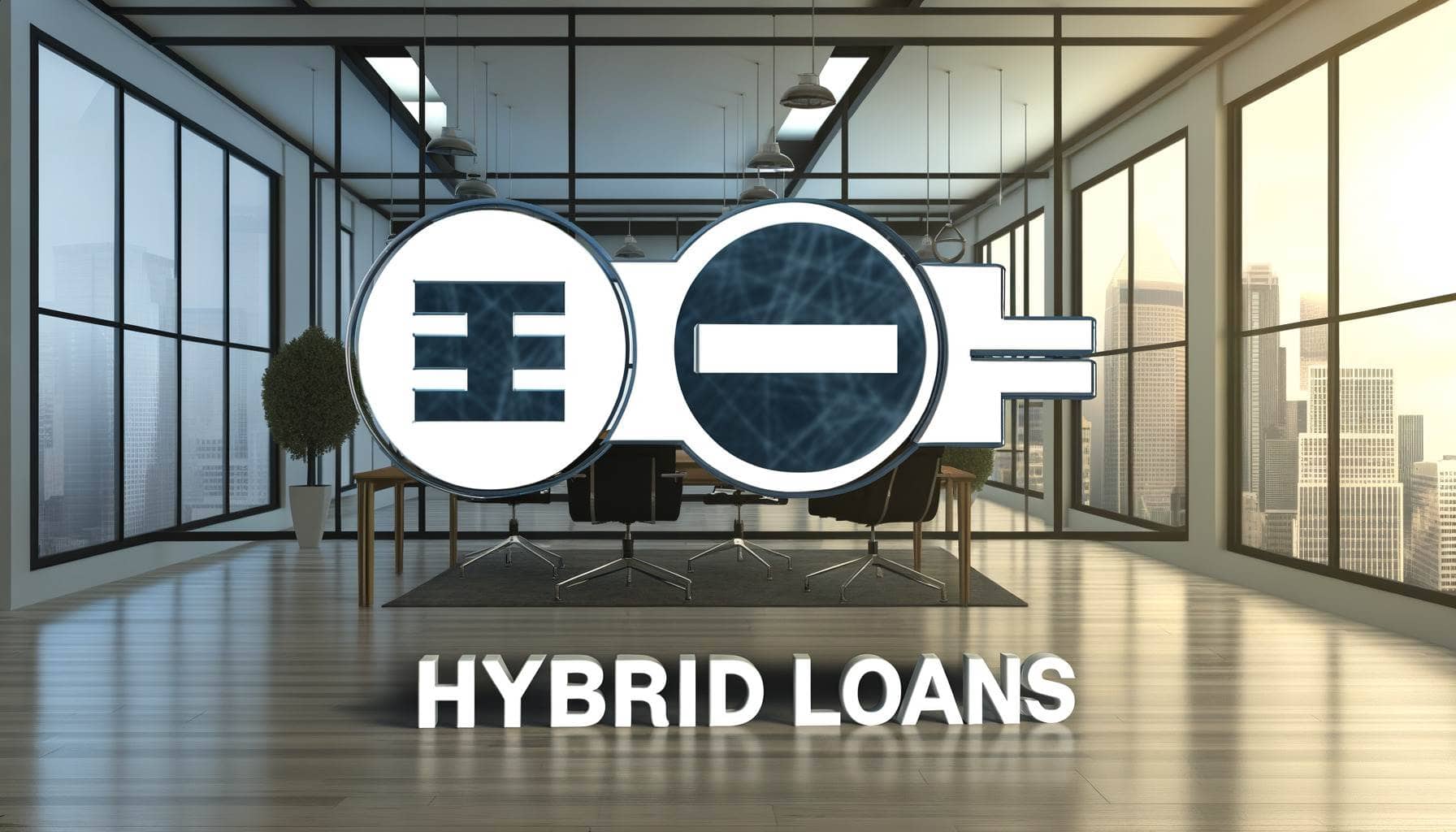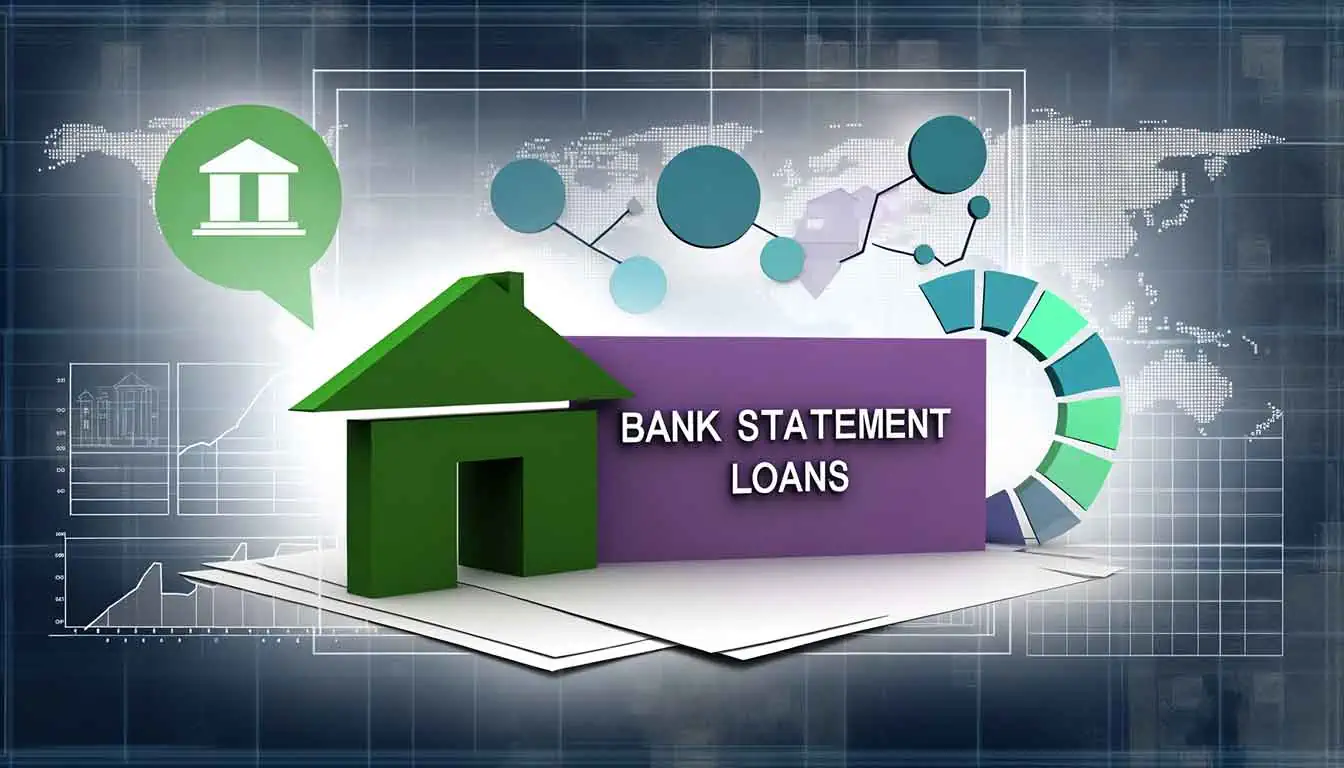
Non-QM
Loans (Non-QM)
A Comprehensive Guide to Non-QM Loans: Understanding, Pros, Cons, and Tips for Successful Borrowing
A brighter future starts here!
The Royal Commitment: Breaking Barriers For Homeownership: Make your move Towards Owning Property Now with Non-QM Loans!
Are you looking for a loan but struggling to meet the stringent qualifications of traditional loans? Don’t worry, there are other options available for you, such as non-qualified loans. In this guide, we will provide a high-level overview of non-qualified loans, their types, requirements, limits, pros, and cons, helping you determine if it’s the right choice for you.
What are Non-QM Loans?
A Non-QM Loan or a non-qualified loan refers to a type of mortgage loan that doesn’t meet the qualified mortgage (QM) guidelines set by the Consumer Financial Protection Bureau (CFPB). This means that non-qualified loans may have certain features or characteristics that don’t comply with the strict underwriting requirements of traditional loans, making them a viable option for certain borrowers.
List of Non-QM Loans and High-Level Overview:
Non-qualified loans come in various forms, each offering its own set of features and requirements. Some common types include:
Loans With Non-Prime Mortgage Rates
Non-Prime Mortgage Loans
: Non-prime mortgages are similar to subprime loans but may be less risky. These loans offer alternative options for borrowers who do not meet the traditional lending criteria.Subprime Mortgage Loans
: These are home loans offered to borrowers with poor credit scores, typically below 620. Subprime mortgages often have higher interest rates and fees as a risk mitigation for lenders.Credit-Challenged Mortgages
– These are loans for borrowers with lower credit scores or credit histories with blemishes such as late payments or bankruptcies.

Alternate Document Loans
Alt-A Mortgages
Alt-A Mortgages (Alternative A-Paper Mortgages) – These loans fall between prime and subprime mortgages and are often offered to borrowers with good credit but little documentation.No Documentation Mortgages
No Documentation Mortgages – Also known as “no doc” loans, these mortgages do not require extensive documentation of the borrower’s income or assets.

Foreign Nationals Non-US Citizens
Foreign National Mortgages
– These loans are for individuals who are not US citizens or residents but want to buy property in the US.Non-Permanent Resident Alien Mortgages
Non-Permanent Resident Alien Mortgages – These loans are for individuals who do not have US citizenship or permanent residency status.ITIN loans
, or Individual Taxpayer Identification Number loans, are a type of non-qualified mortgage (non-QM) designed for individuals who do not have a Social Security number but still need a mortgage loan. These loans are typically available to non-citizens, including those with ITINs and resident aliens, and do not require a credit score or traditional forms of income verification. They often have higher interest rates and stricter eligibility requirements compared to traditional mortgages, but provide an option for non-traditional borrowers to finance their home purchase.

Loans Based on Repayment Options
Fixed Rates Mortgages
This type of loan offers predictable monthly payments, making it easier for borrowers to budget and plan.Adjustable-Rate Mortgages (ARM)
Adjustable-Rate Mortgages (ARM) – This type of mortgage offers an initial fixed interest rate period, followed by a variable interest rate that changes based on market conditions.Option Adjustable-Rate Mortgage (ARM) Loans
: These mortgages give borrowers the option to choose between making a fixed or adjustable payment each month. The adjustable payment will fluctuate based on market interest rates, while the fixed payment remains the sameHybrid Mortgage Loans
: Hybrid mortgages combine features of both fixed and adjustable-rate mortgages. They start with a fixed interest rate for a specific period and then convert to an adjustable-rate for the remainder of the loan term.Interest-Only Mortgage Loans
: With an interest-only mortgage, borrowers are only required to pay the interest portion of the loan for a specific period, usually between 5-10 years, before principal payments kick in. These loans can be advantageous for those expecting larger income in the future.Balloon Mortgage Loans
: Balloon loans have a fixed interest rate and payment for a specific number of years, usually 5-7 years. After the initial period, the remaining balance becomes due as a lump sum, which can be refinanced or paid off.

Asset and Income Base Loans
Asset-Based Loans
: Asset-based loans are secured by the borrower’s assets, such as their investments or cash reserves. These loans can be used by borrowers who have a high net worth but do not have regular incomeNINA (No Income No Asset) Mortgage Loans
: NINA loans are specifically for self-employed borrowers who cannot provide proof of income or assets. These loans usually have higher interest rates and require a larger down payment.Stated Income Loans
: These loans are ideal for self-employed individuals or those with non-traditional income sources who may not have sufficient documentation to support their income claims.Bank Statement Loans
Bank statement loans are a type of non-qualified mortgage (non-QM) loan designed for self-employed individuals and small business owners who may not have traditional W-2 income documentation to support their mortgage application. These loans utilize bank statements, rather than tax returns or pay stubs, to verify the borrower’s income and expenses. With bank statement loans, borrowers can use their personal or business bank statements to demonstrate their ability to repay the loan. This is especially beneficial for those who have fluctuating income or use non-traditional methods to receive income, such as freelance work or rental properties. The lender will typically review the borrower’s bank statements over a period of 12-24 months to assess their average monthly income and expenses.

Non-Warrantable Properties

Non-warrantable properties refer to properties that do not meet the lending standards set by Fannie Mae or Freddie Mac, the two largest buyers of mortgages in the United States. These properties are often considered risky for conventional loans and therefore fall into the category of non-qualified mortgage (non-QM) for the mortgage industry. Non-warrantable properties can include but are not limited to: condominiums or cooperatives that do not meet certain financial or owner-occupancy requirements, properties with multiple units, commercial properties, and properties with unique features or characteristics that make them difficult to sell. Lenders generally have stricter guidelines for non-warrantable properties and may require a higher down payment or interest rate to mitigate the risk associated with these types of properties. Non-QM lenders specialize in providing financing for these types of properties, providing alternative mortgage options for borrowers who may not qualify for traditional loans.
High-level Mortgage requirements
While Non-QM loans offer more flexibility in terms of eligibility requirements, they still have certain criteria that borrowers must meet. These may include a minimum down payment, a good credit score, and a low debt-to-income ratio (DTI). Each type of non-qualified loan may have additional requirements, such as asset reserves or a higher interest rate.
Loan Limits and restrictions
Non-qualified loans also come with certain limitations and restrictions. For example, there may be a maximum loan amount, which varies depending on the lender and the type of non-qualified loan. Additionally, some lenders may have restrictions on loan-to-value (LTV) ratios, requiring a higher down payment.
Pros of Conventional Loans
-
Greater Flexibility:
Non-QM Loans offer more flexibility in terms of eligibility requirements, making them a suitable option for borrowers who don’t meet the strict standards of traditional loans. -
Faster Approval:
With less strict underwriting guidelines, non-qualified loans are processed faster than traditional loans, providing borrowers with quicker access to funds. -
Alternative Income Verification:
For self-employed individuals or those with irregular income, non-qualified loans can be a great option as they use alternative methods for income verification.
Cons of Conventional Loans
-
Higher Interest Rates:
As non-qualified loans are considered more risky by lenders, they often come with higher interest rates, which can result in higher monthly payments. -
Limited Options:
Since Non-QM loans are not as common as traditional loans, the options may be limited, and not all lenders offer them.
Who should apply
Non-QM loans are suitable for borrowers who may not meet the stringent requirements of traditional loans and have difficulty obtaining financing through other means. It may also be a good option for those with irregular income or unique financial situations.
Who should not apply
If you have a good credit score, steady income, and can meet the requirements of traditional loans, then a non-qualified loan may not be the best choice for you. It’s important to consider all options and carefully assess your financial situation before applying for any loan.
It’s always best to speak with a home loan specialist to determine which option is best for your unique financial situation.
Additional Things to Consider
- Rates and Fees: Be sure to carefully review the interest rates and fees associated with non-qualified loans, as they can vary greatly from lender to lender.
- Repayment Terms: Non-qualified loans may have different repayment terms than traditional loans, such as a shorter-term or balloon payments. Make sure you understand the terms before signing any contract.
- Calculate the total cost of the loan, including interest and mortgage insurance.
Tips on Applying for Loan
- Research Lenders: Look for lenders who specialize in non-qualified loans and compare their rates, fees, and terms.
- Have Your Documents in Order: Prepare your financial documents, such as bank statements, tax returns, and credit report, to help speed up the application process.
- Improve Your Credit: Even though non-qualified loans have lower requirements, a higher credit score can still help you secure a better interest rate.
- Get pre-approved to determine the loan amount you can afford
- Consider consulting a mortgage broker to find the best loan option for your needs.
In Summary
Non-qualified loans offer a viable option for borrowers who may not qualify for traditional loans. With its flexibility and alternative methods for income verification, it has helped many individuals achieve their financial goals. However, it’s important to carefully consider all aspects and consult with a financial advisor before making a decision. With this high-level overview, you now have a better understanding of non-qualified loans and can determine if it’s the right choice for you.
Learn More
If you’d like to learn more about Non-Qualified Loans or to see if you qualify, we recommend speaking with a mortgage specialist
Mortgage Rate Trends:
A Historical Analysis
Unlock the Power of Numbers
Start Pre-Approval Application More on credit, LTV and Rate Trends
Advanced Mortgage Calculator
Get Pre-Qualified
Fill out our Pre-Qualification Survey to view your mortgage options
[bitform id='26' ]Here, Your Mortgage possibilities are endless!

Down Payment
Assistance 
Down Payment Assistance Programs
Get Up To 100% Financing For Your Home!
Visit Our Page

First-Time
Homebuyers 
First Time Homebuyer Mortgage Programs
If you are buying a home for the first time, you have come to the right place.
Visit Our Page

